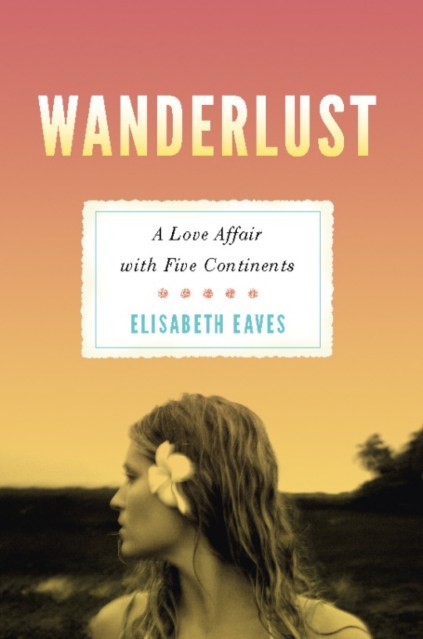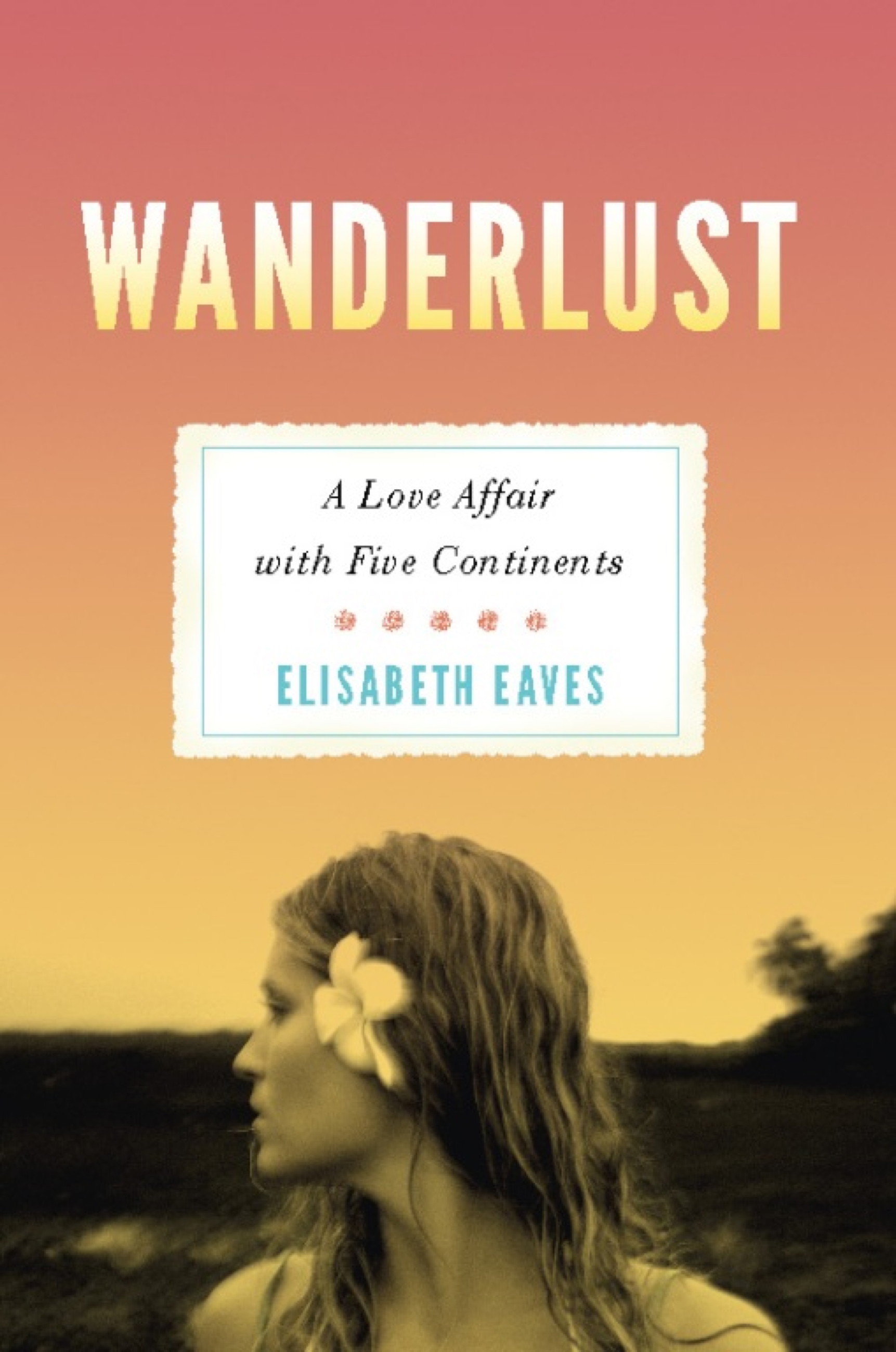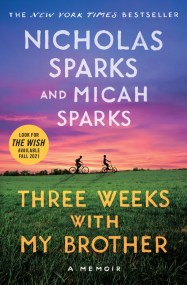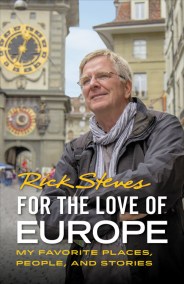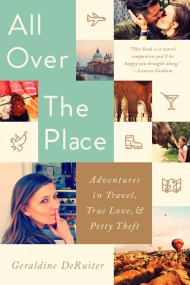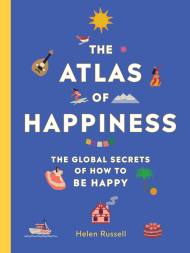Promotion
Use code MOM24 for 20% off site wide + free shipping over $45
Wanderlust
A Love Affair with Five Continents
Contributors
Formats and Prices
Price
$11.99Price
$15.99 CADFormat
Format:
- ebook $11.99 $15.99 CAD
- Trade Paperback $17.99 $22.99 CAD
This item is a preorder. Your payment method will be charged immediately, and the product is expected to ship on or around May 24, 2011. This date is subject to change due to shipping delays beyond our control.
Also available from:
Wanderlust, however, is more than a chronological conquest of men and countries: at its core, it’s a journey of self-discovery. In the course of her travels, Eaves finds herself and the sense of home she’s been lacking since childhood — and she sheds light on a growing culture of young women who have the freedom and inclination to define their own, increasingly global, lifestyles, unfettered by traditional roles and conventions of past generations of women.
Genre:
- On Sale
- May 24, 2011
- Page Count
- 256 pages
- Publisher
- Seal Press
- ISBN-13
- 9781580053976
Newsletter Signup
By clicking ‘Sign Up,’ I acknowledge that I have read and agree to Hachette Book Group’s Privacy Policy and Terms of Use
